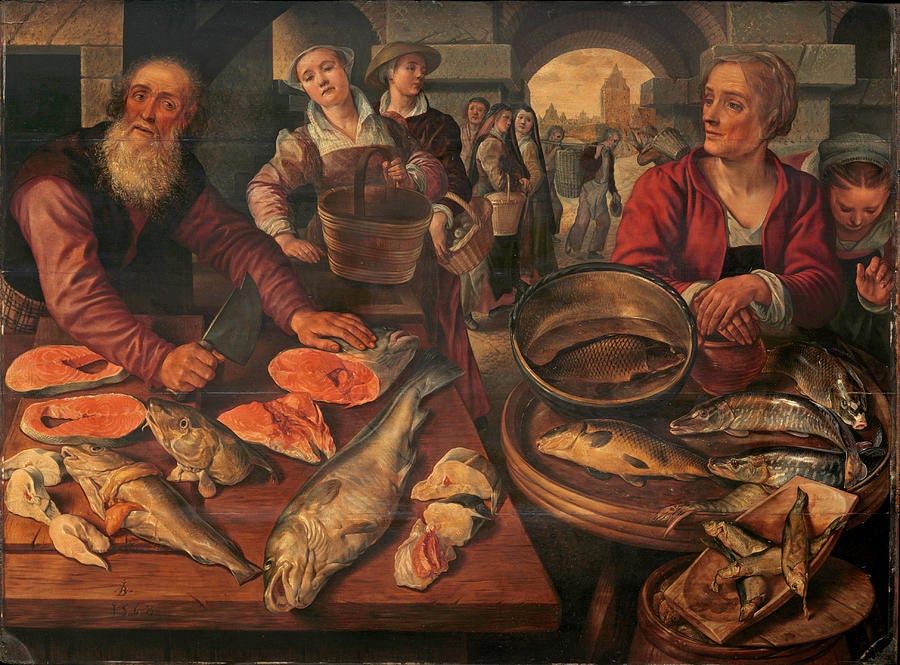Questions III
Will we always have roads?
From horses to cars, it seems as though we have always had some sort of land dedicated to land transportation, otherwise known as roads. Was this always the case? Will this always be the case? If not, what comes after a “road” ?
What will happen to infrastructure we will no longer need?
Following on from my question above, let’s imagine that somewhere far far in the future our mode of transportation has evolved so much that it no longer needs roads. What happens to all that infrastructure? What happens to sll that space dedicated to that infrastructure e.g land dedicated to railway tracks?
Who is alive today will still be talked about in 500 years?
Perhaps before answering this question we should first clarify if those still talked about today knew they would still be talked about. I’m not sure. Putting that aside, if we had to guess, could we actually guess? And if we could guess correctly, should we do anything about it?
Does homosexulaity and transgenderism fit into evolution? If not, where does it fit it in the larger biological landscape?
It turns out research is already being done in this area! No real reason for asking this question, just curious.
When and why was monogamy introduced to humans, and what biological impact does this have?
To the best of my knowledge, no animal has shown to be exclusively monogamous (this does not mean monogamy has not been shown in animals). Putting religious reasons aside, why do we continue to legally and culturally enforce monogamy? I suspect this has something to do with how our emotions evolved over time, but what evolutionary impact will this have in the long run?
Will brain transplants ever be a thing?
What makes me me is my consciousness, which resides in my brain. If for some reason I become brain dead, “I” lose what makes me “me”. In a world of bioartificial organs, what role would a bioartificial brain play in such a scenario? Unlike other organs, such as kidneys and the heart, I do not need to have the exact same kidney or heart to still be me, but I do need to have the exact same brain if I want to remain me. So what to do?
What does the evolution of human emotion look like?
What did our emotions look like thousands of years ago? Have we discarded any emotions along the way? If so, why? Are we likely to discard or enhance any emotions we feel today? If so, which ones would you bet on and why?
What would the world look like if artificial organs were as accessible and affordable as the personal computer?
What could happen if having an artificial organ in your home to experiment with was as easy as having access to a personal computer? What industries would be impacted the most?
Does being focused always generate higher returns?
For example, if I put all my energy into X, what is to say that I will generate a significantly higher return on X? Using myself as an example, I find that I actually generate higher returns doing X, when I'm also doing Y and Z. This is because I'm much more likely to be honest with myself when X isn’t working, and therefore willing to take the time to correct it, even if it means taking steps back. And I can only do that because my sense of “success” isn’t wrapped up in X solely. Bringing me to my ultimate question, should we actually be more focused? Or should some of us be less focused?
Why did we start placing so much emphasis on being specialized?
It’s common advice nowadays for people to focus on one skill/industry but why? None of us are born with only one skill set we can do, and anecdotally it doesn’t seem we were encouraged to be this way in earlier history, so why the change? I suspect this is to do with efficiency, but at what cost? If we were to return to our “generalist” ways today, what would the world look like?

